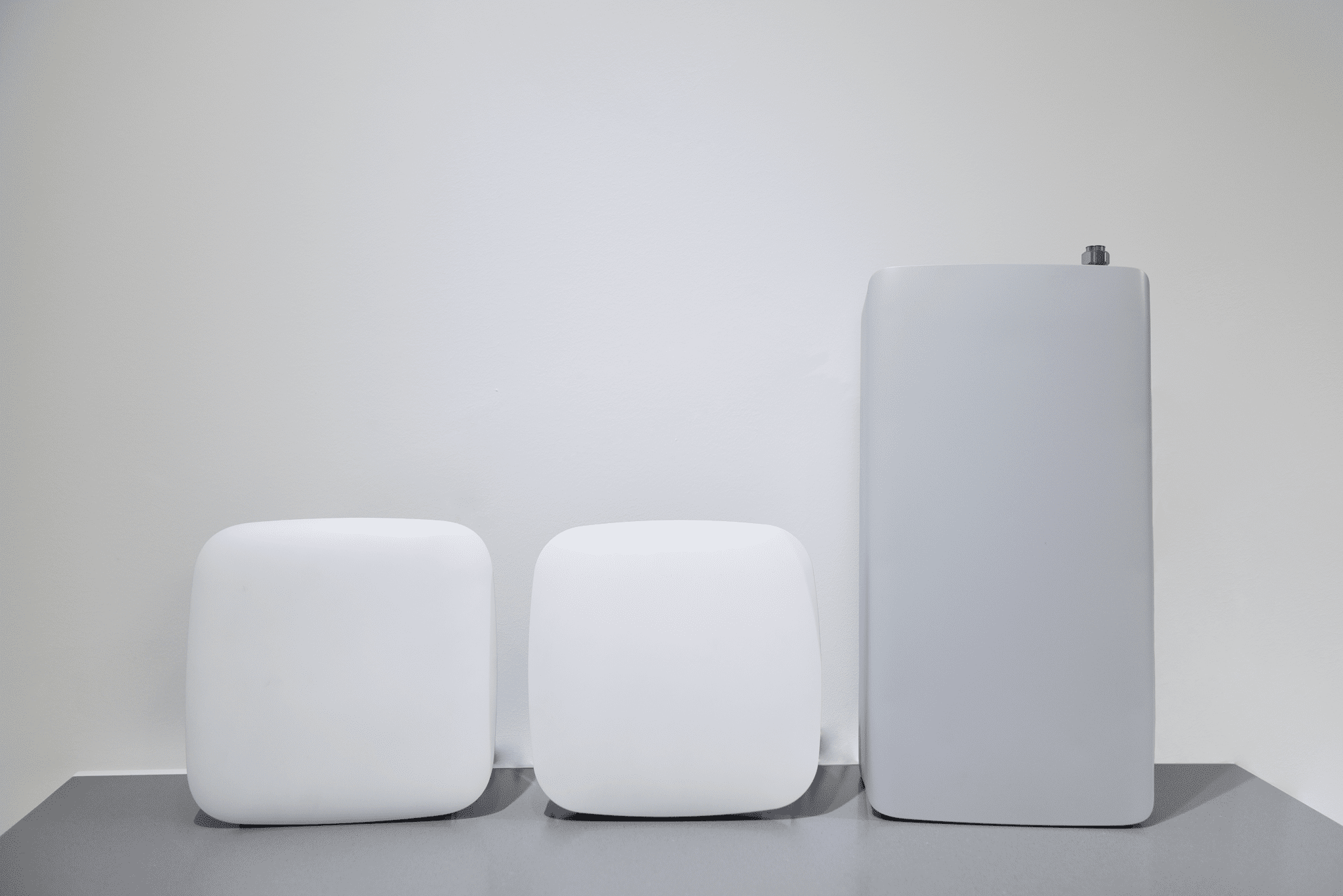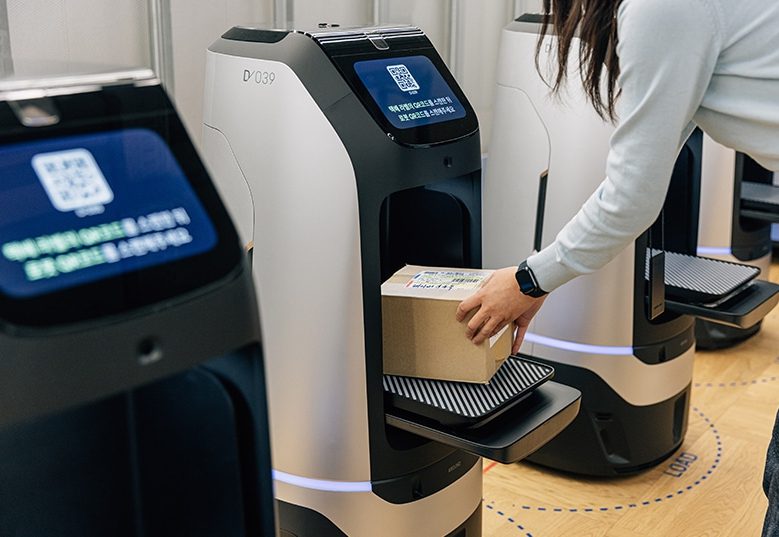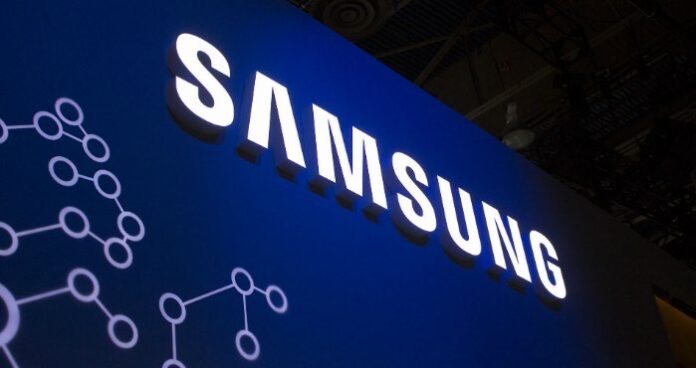South Korean tech firm Samsung has announced a tranche of new private 5G deployments in its home country, including with three public sector agencies and two private sector hospitals. All the deployments utilise the newly-liberated 4.7 GHz and 28 GHz bands in South Korea, made available as dedicated frequencies for private 5G networks, as part of the government’s initiative to “advance the country’s private 5G ecosystem”.
Samsung has staked a claim as a major contender for 5G network supply following the western prohibition on Chinese gear, as well as the rise of open radio access network (RAN) systems, and the rise of private networks for enterprises. It is at the centre of the private 5G push in South Korea, having (it says) installed the country’s first private 5G at the start of June, at the “second” headquarters of IT infrastructure services company NAVER in Seoul.
Samsung said it was selected in each case – by three state-owned utilities and two privately-owned hospitals – “as part of the government’s” drive to release spectrum for industrial change. Its three public sector contracts – with Korea Electric Power Corporation, Korea Industrial Complex Corporation, and Korea Water Resources Corporation – are geared around “workplace safety and efficiency”, it said.
Korea Electric Power Corporation will deploy “smart grid tech” and a digital twin of an electrical substation to “enhance safety and efficiency” and enable remote inspections – making use of wearable cameras. Autonomous robots will also “boost control and monitoring capabilities”, it said. Korea Industrial Complex Corporation, offering industrial site management, will deploy a “5G-driven digital safety platform at various work sites”, by all accounts.

This will apparently take the form of an “AI-based smart monitoring system for detection of fire hazards and any other security risks or emergencies in real-time”. Meanwhile, Korea Water Resources Corporation will build digital twins to “precisely visualise water flow and predict water disasters or flood damages”, and deliver “AI-based simulations” of water purification plants and processes.
Its private sector work is focused on “enhanced medical services”. Ewha Womans University Mokdong Hospital will use 5G for “smart medical services, such as a 3D rendering of computed tomography, rapid reconstruction of medical images, and long-distance surgical collaboration[s]”. Samsung’s own Samsung Medical Center will use 5G for its education purposes, including for AR?VR simulations of surgical conditions and live-streaming of surgical operations.
Samsung said it is targeting further private 5G deployments at home in the “energy, safety, water resource management, medical services, and medical education” sectors, it stated. It is variously supplying macro and micro core network and RAN solutions. A statement said: “Samsung’s private 5G radios are capable of delivering improved uplink performance with [an] optimised uplink feature, which can increase the ratio of network uploads to up to 40 percent… to help enterprises upload vast amounts of data across numerous devices simultaneously.”
Yong Chang, vice president of global sales and marketing in Samsung’s networks business, said: “Private 5G networks will enable progressive changes across all industry verticals. Applications like digital twins, autonomous vehicles, AI and AR are only a glimpse of the plethora of use cases… 5G can bring to life. Samsung understands the unique needs of enterprises and is capable of delivering optimised network experiences.”

Its work with the cloud division of IT services company NAVER, to equip the firm’s so-called 1784 headquarters in Seoul, is to “power cloud-based autonomous mobile robots”. Samsung’s 5G tech and Naver’s infrastructure to animate robots to “deliver packages, coffee, and lunch boxes to employees”. There are 40 robots on three floors, currently, with plans to expand to “hundreds… travelling around the entire 36-floor building this year”.
A statement said: “Samsung’s private 5G network plays the role of a neural network that connects the robots and the cloud, enabling the cloud to control and support tens of thousands of robots in real-time and allowing them to be smarter together. In addition, advanced technologies such as digital twin, 3D/HD mapping and AI are applied to help robots learn to find their way inside the building by creating a virtual space that replicates the real world.”
The pair said they will develop new use cases to expand private 5G networks globally.

